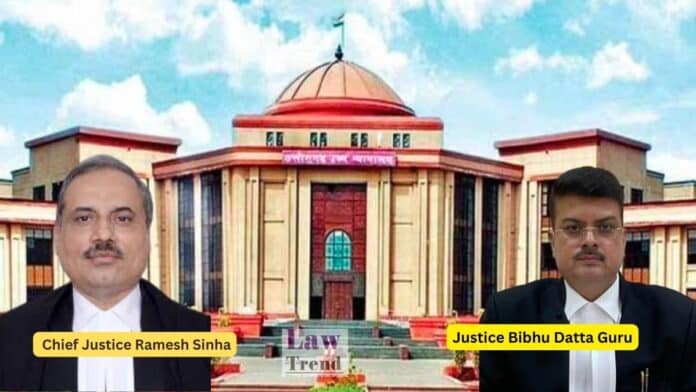The Chhattisgarh High Court has dismissed the appeal of a man convicted for kidnapping and raping a minor girl under the POCSO Act, reiterating that when a witness qualifies as a “sterling witness,” their testimony alone is sufficient to sustain conviction. The Bench, comprising Chief Justice Ramesh Sinha and Justice Bibhu Datta Guru, upheld the
To Read More Please Subscribe to VIP Membership for Unlimited Access to All the Articles, Download Available Copies of Judgments/Order, Acess to Central/State Bare Acts, Advertisement Free Content, Access to More than 4000 Legal Drafts( Readymade Editable Formats of Suits, Petitions, Writs, Legal Notices, Divorce Petitions, 138 Notices, Bail Applications etc.) in Hindi and English.




